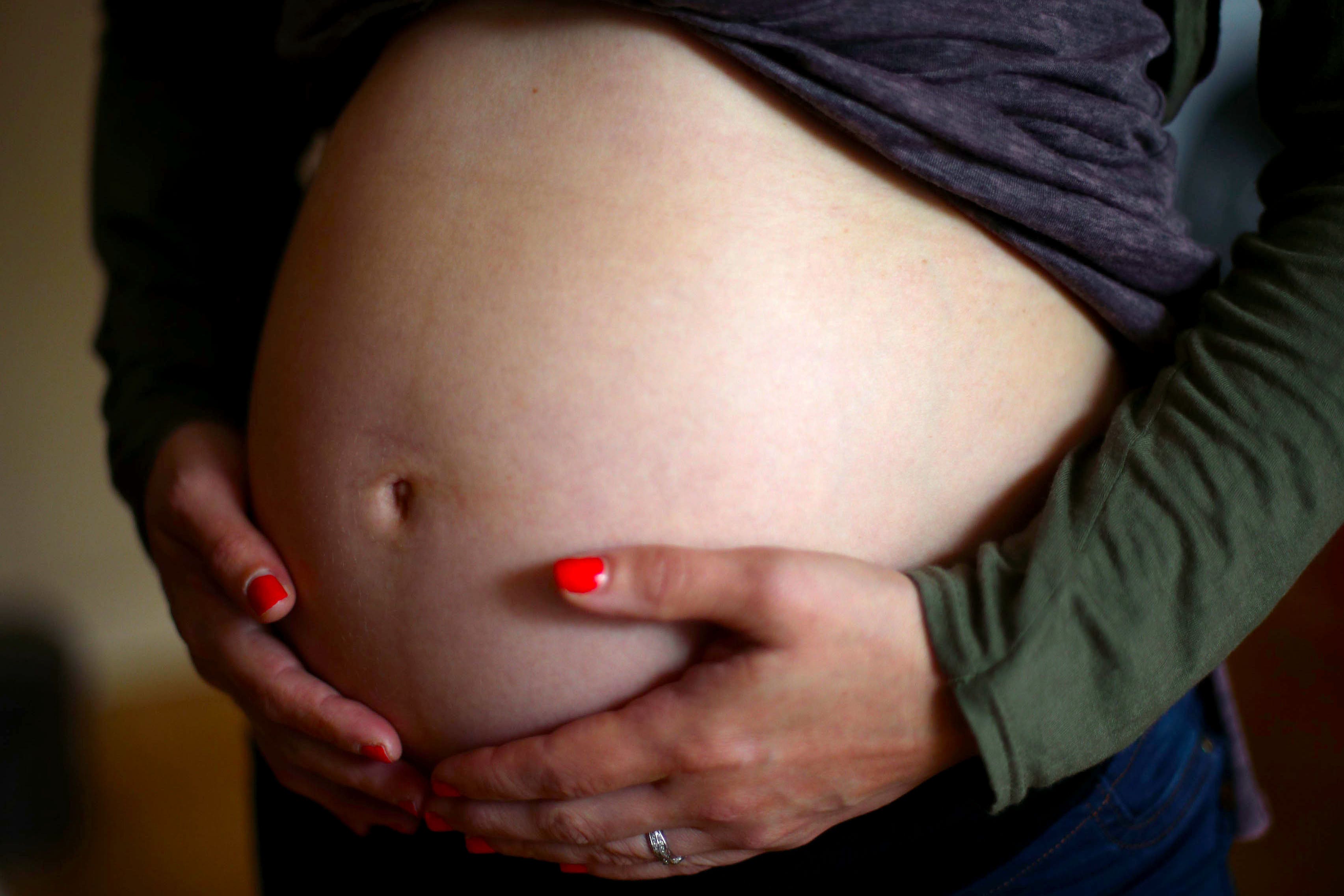New type of pain relief could be routinely offered to women in labour
The fast-acting opioid called reminfentanil is not traditionally offered to women giving birth.

Your support helps us to tell the story
From reproductive rights to climate change to Big Tech, The Independent is on the ground when the story is developing. Whether it's investigating the financials of Elon Musk's pro-Trump PAC or producing our latest documentary, 'The A Word', which shines a light on the American women fighting for reproductive rights, we know how important it is to parse out the facts from the messaging.
At such a critical moment in US history, we need reporters on the ground. Your donation allows us to keep sending journalists to speak to both sides of the story.
The Independent is trusted by Americans across the entire political spectrum. And unlike many other quality news outlets, we choose not to lock Americans out of our reporting and analysis with paywalls. We believe quality journalism should be available to everyone, paid for by those who can afford it.
Your support makes all the difference.Women in labour are set to be offered a new type of patient-controlled pain relief as an alternative to an epidural.
The fast-acting opioid called reminfentanil can be offered to those who want ongoing pain relief during labour but do not wish to have an epidural, according to updated draft guidance from the National Institute for health and Care Excellence (Nice).
It said that, as women control the medication themselves, they may be able to be more mobile than they would with an epidural.
Meanwhile, the updated draft guidance states that Tens devices are not provided by the NHS but women in labour can use their own if they wish. However, they should be advised “there is very little evidence of its effectiveness in established labour, but no evidence of harm”.
Reminfentanil is delivered through a tube into the bloodstream.
A machine containing the drug is connected to this tube and women in labour can self-administer the pain relief as necessary. A timer connected to the machine ensures they cannot take too much.
Nice said that when compared with opioids given via and injection, reminfentanil has been shown to reduce the use of epidurals – an injection of medication into the back, which stops women feeling pain in the lower half of the body.
There is also a reduced likelihood of birth with forceps or ventouse.
It comes after a number of hospitals suspended the use of gas and air as a method of pain relief during labour due to concerns over medical staff being exposed to nitrous oxide for prolonged periods.
The updated guidance from Nice also makes suggestions about where women should choose to give birth.
Those who are overweight – with a body mass index score of 25 or over – should be aware that they and their baby could face increased risks in labour and should “take this into account when planning their place of birth”, it said.
– The new draft Nice guidance is being put out for consultation until June 6.